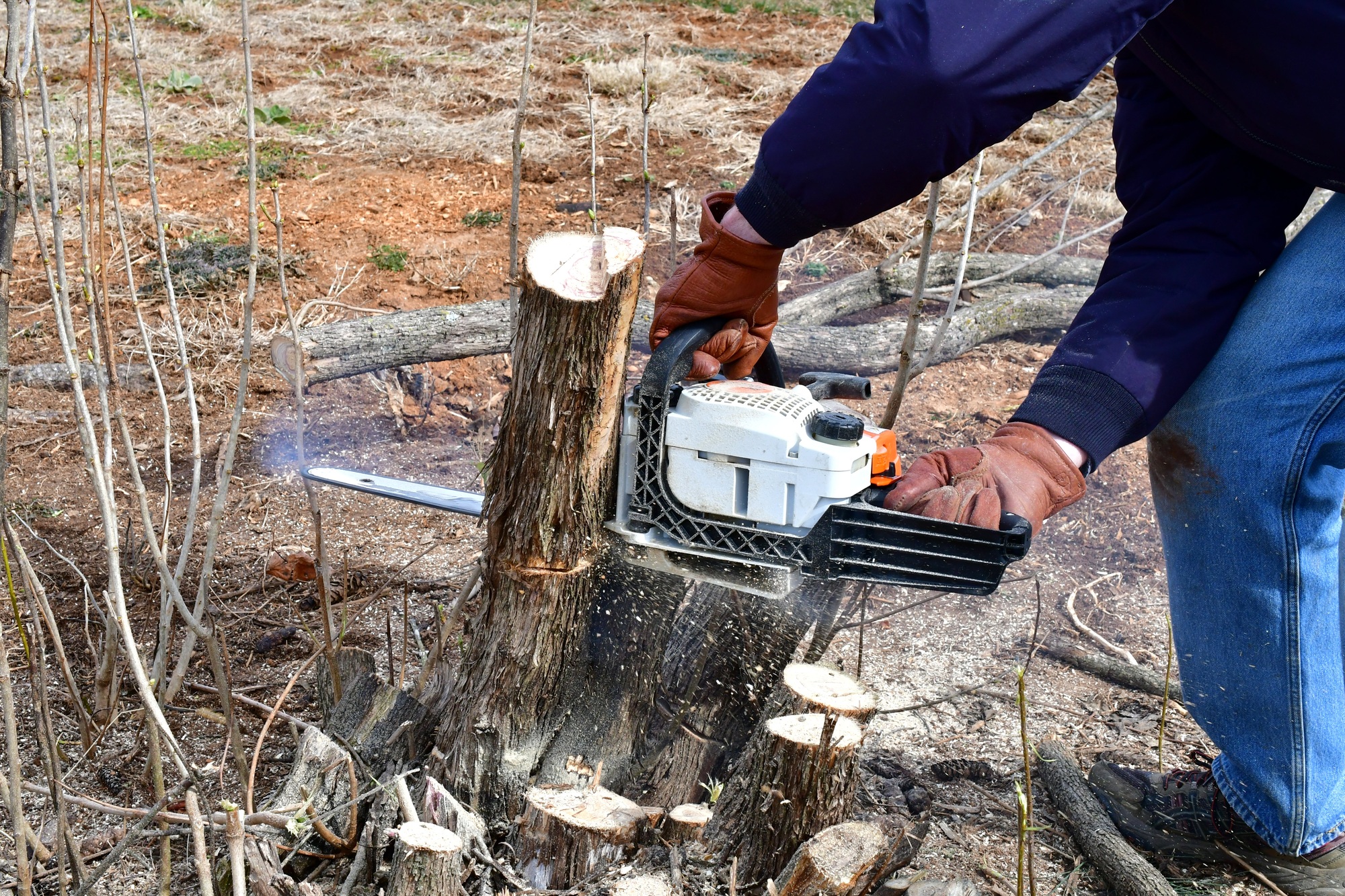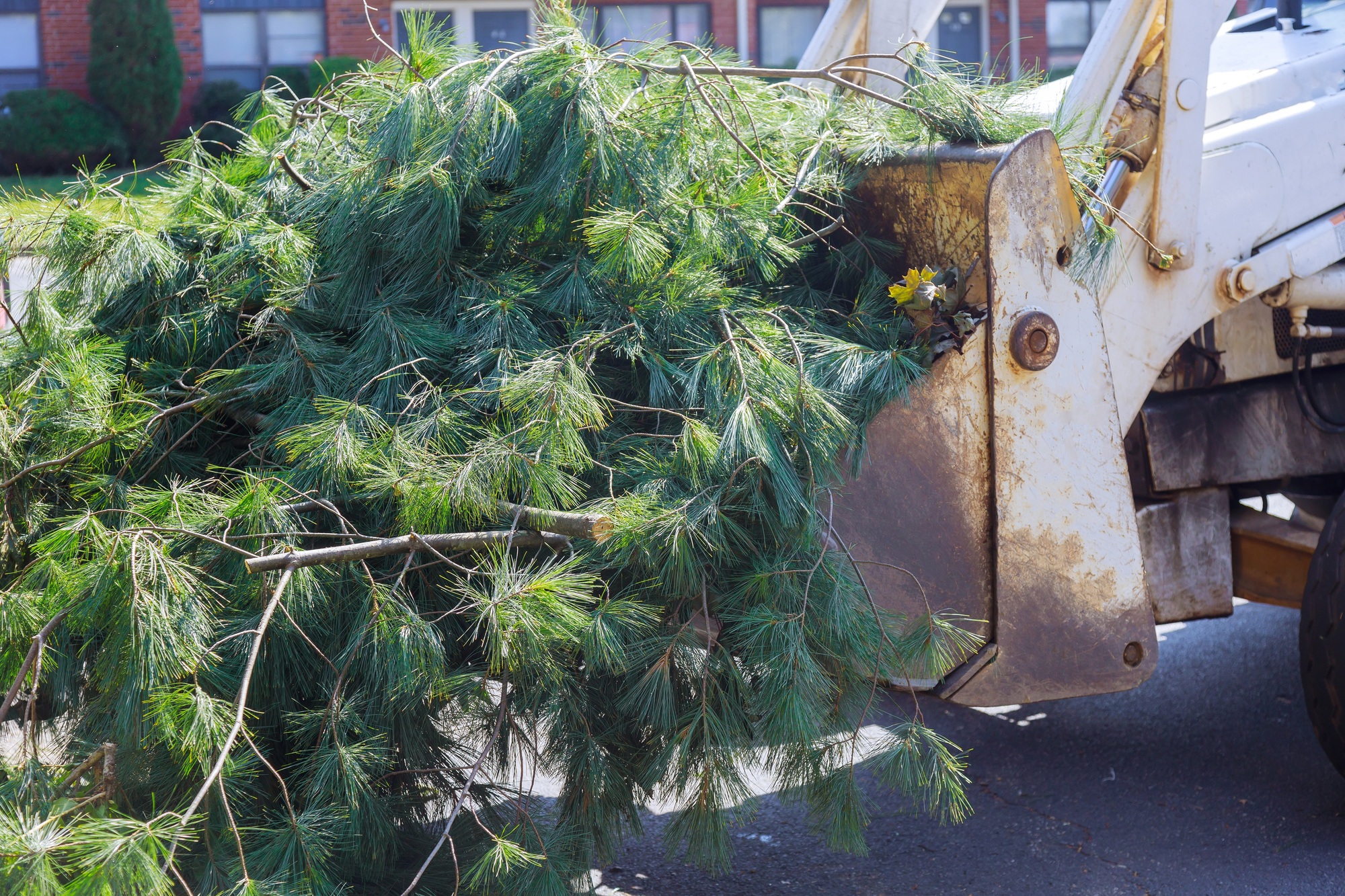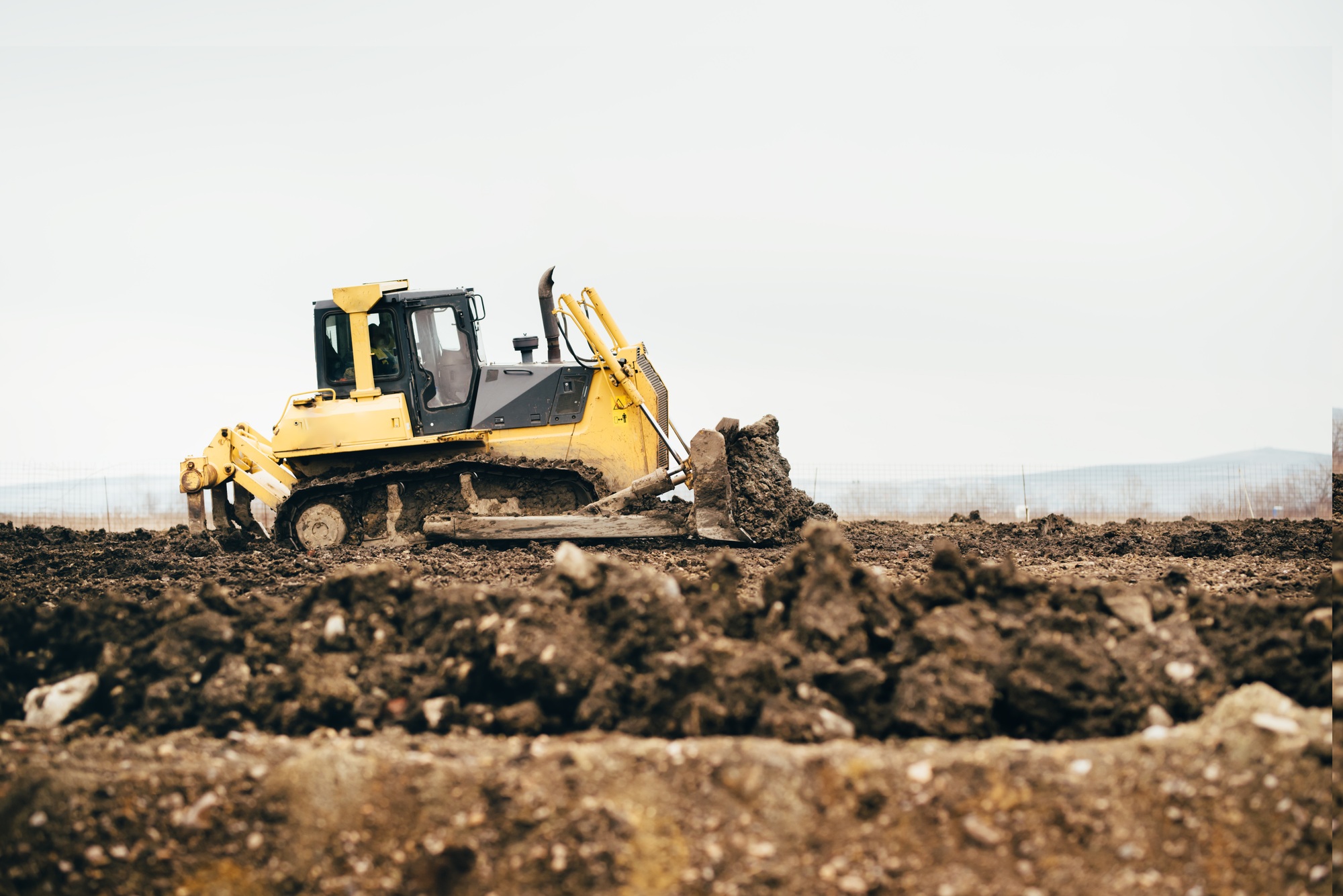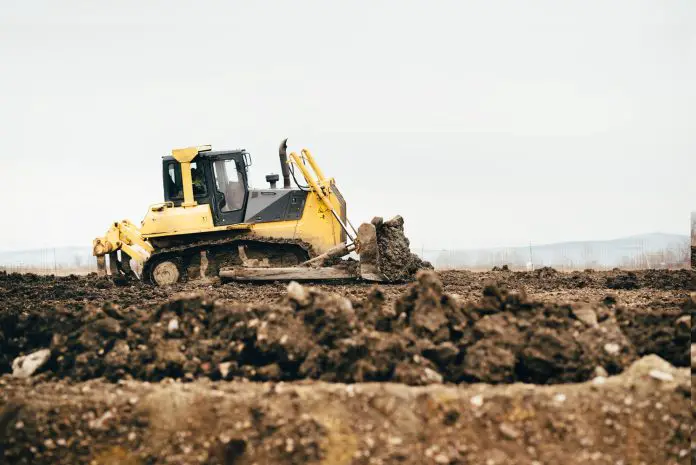Key Takeaways

- Essential Role: Groundskeepers are vital for maintaining outdoor spaces, ensuring they are clean, attractive, and functional.
- Key Responsibilities: Main tasks include lawn care, landscaping, irrigation management, and grounds maintenance to enhance aesthetic appeal and safety.
- Required Skills: Successful groundskeepers should possess physical stamina, attention to detail, and basic gardening knowledge, with some positions benefiting from relevant educational backgrounds or certifications.
- Work Environment: Groundskeepers work primarily outdoors in various conditions, requiring adaptability and proper safety measures to handle physical demands.
- Impact on Business: Effective groundskeeping positively influences property value and customer satisfaction, making it essential for small businesses and organizations.
If you love working outdoors and have a knack for maintaining beautiful landscapes, a groundskeeper position might be the perfect fit for you. Groundskeepers play a crucial role in keeping parks, sports fields, and private properties looking pristine. They ensure that every blade of grass is trimmed, every flowerbed is vibrant, and every pathway is clear, creating inviting spaces for everyone to enjoy.
In this article, you’ll dive into the essential responsibilities and skills required for a groundskeeper job. From mowing lawns to managing irrigation systems, you’ll discover what it takes to thrive in this rewarding role. Whether you’re considering a career change or just curious about the profession, understanding the groundskeeper job description is the first step toward making your mark in the world of outdoor maintenance.
Overview of Groundskeeper Job Description

A groundskeeper plays a critical role in maintaining outdoor spaces, ensuring they remain appealing and functional. This position encompasses a variety of tasks, including lawn mowing, landscaping, irrigation management, and debris removal. Groundskeepers monitor the health of plants, handle soil maintenance, and execute seasonal cleanups.
Key responsibilities include:
- Lawn Care: Mowing, trimming, and fertilizing grass to ensure a lush and healthy appearance.
- Landscape Management: Planting flowers, shrubs, and trees, along with maintaining existing plants to enhance aesthetic appeal.
- Irrigation Systems: Installing and repairing irrigation systems to ensure proper watering for gardens and lawns.
- Grounds Maintenance: Removing debris, clearing pathways, and ensuring that outdoor areas are safe and accessible.
Skills required for the role include attention to detail, physical stamina, and basic gardening knowledge. For small business owners and HR employees, it’s essential to convey these job requirements clearly to attract suitable candidates. Understanding the significance of groundskeeping helps you appreciate its impact on property value and customer satisfaction. Whether you manage a park, sports field, or private property, hiring skilled groundskeepers ensures your outdoor areas remain vibrant and well-cared for.
Key Responsibilities

A groundskeeper plays a vital role in maintaining outdoor spaces, ensuring they are clean, attractive, and healthy. The key responsibilities encompass various tasks that contribute to the upkeep and aesthetic appeal of lawns, gardens, and other outdoor areas.
Maintenance of Landscapes
- Maintain outdoor areas such as lawns, gardens, golf courses, athletic fields, and parks.
- Mow lawns, trim weeds, rake leaves, and ensure overall neatness and health of greenery.
- Plant flowers and plants, lay mulch, and water greenery to enhance landscape appearance.
- Fertilize lawns, trees, flowers, and shrubs, and trim trees, hedges, and shrubs to ensure they remain tidy and attractive.
Grounds Cleaning Duties
- Perform cleaning tasks to keep outdoor areas tidy.
- Dispose of trash and waste materials properly.
- Pick up debris regularly and clean gutters to prevent blockages and maintain a neat environment.
Equipment Operation and Maintenance
- Operate various landscaping equipment, such as mowers and trimmers, to perform maintenance tasks effectively.
- Ensure equipment is maintained and serviced, preventing breakdowns that could interrupt landscaping operations.
- Handle power tools safely, following guidelines to avoid accidents and injuries.
These responsibilities not only enhance the property’s aesthetics but also represent an essential function for small business owners overseeing outdoor spaces. Effective groundskeeping contributes positively to employee and customer satisfaction, making it a crucial aspect of your operations.
Required Skills and Qualifications

Groundskeeper roles require specific skills and qualifications to ensure proper maintenance of outdoor environments. These competencies contribute significantly to the success of small businesses, where aesthetics can impact customer satisfaction.
Educational Background
Most groundskeeper positions don’t mandate formal education beyond high school. However, having a background in horticulture, landscape design, or environmental science can be beneficial. Educational programs often provide foundational knowledge in plant care, soil management, and landscaping techniques, which enhances your ability to maintain beautiful outdoor spaces.
Necessary Certifications
Certain certifications may enhance your qualifications as a groundskeeper. Organizations like the Professional Grounds Management Society (PGMS) offer certifications. Additionally, pesticide applicator licenses are essential if you’re applying chemicals for weed control or lawn treatment. These certifications demonstrate a commitment to best practices and could be appealing to small business owners seeking dependable employees.
Physical Abilities
Physical stamina is crucial for groundskeepers. You’ll regularly engage in tasks that demand lifting, bending, and prolonged standing. Daily activities, such as mowing lawns, trimming trees, or spreading mulch, may involve heavy equipment. Prioritizing personal fitness ensures you can handle the physical demands efficiently while maintaining safety on the job.
Work Environment and Conditions

Groundskeepers primarily work in outdoor settings, maintaining essential areas such as lawns, flower beds, parking lots, and golf courses. These tasks ensure the aesthetic appeal of properties, which is vital for customer satisfaction in a small business setting.
Groundskeepers encounter physical work conditions that include exposure to varying weather elements, such as extreme heat and cold. You’ll often face intense sunlight while performing outdoor tasks, which requires adequate precautions.
The physical demands of this role necessitate stamina and strength. Groundskeepers stand for long periods and lift heavy materials, sometimes operating equipment like lawnmowers and weed trimmers. Utilizing appropriate safety gear protects against potential hazards associated with these tasks.
Groundskeepers can find employment in a variety of locations. Common settings include schools, hospitals, office buildings, resorts, public parks, and college campuses. For small business owners, hiring reliable groundskeepers can significantly enhance the appearance of their properties, attracting more customers and improving the overall workplace environment for employees.
Conclusion

A groundskeeper plays a vital role in maintaining the beauty and functionality of various outdoor spaces. By mastering essential skills and responsibilities you can ensure that lawns and gardens remain attractive and healthy. This job not only enhances the aesthetic appeal of properties but also contributes to overall satisfaction for visitors and employees alike.
If you’re considering a career in groundskeeping or looking to hire a professional for your property, understanding the demands and rewards of this role is crucial. With the right skills and dedication you can make a significant impact on any outdoor environment.
Frequently Asked Questions

What does a groundskeeper do?
A groundskeeper is responsible for maintaining outdoor areas like parks, sports fields, and private properties. Key tasks include lawn care, landscape management, irrigation maintenance, and ensuring outdoor spaces are clean and attractive.
What skills are needed to be a groundskeeper?
Essential skills for a groundskeeper include attention to detail, physical stamina, and basic gardening knowledge. Operating and maintaining landscaping equipment is also crucial for effective groundskeeping.
Is formal education required to become a groundskeeper?
While formal education beyond high school is not typically required, courses in horticulture, landscape design, or environmental science can be beneficial. Certifications can also enhance your qualifications.
Where do groundskeepers typically work?
Groundskeepers work in various environments, including parks, golf courses, schools, hospitals, and office buildings. They primarily operate outdoors, tending to lawns and gardens.
Why is groundskeeping important for businesses?
Effective groundskeeping enhances property aesthetics, attracting more customers and improving the overall workplace environment for employees. A well-maintained outdoor area can significantly boost customer satisfaction.
Image Via Envato: duallogic, stockcentral, donut3771, photovs, sedrik2007, NomadSoul1, MargJohnsonVA



